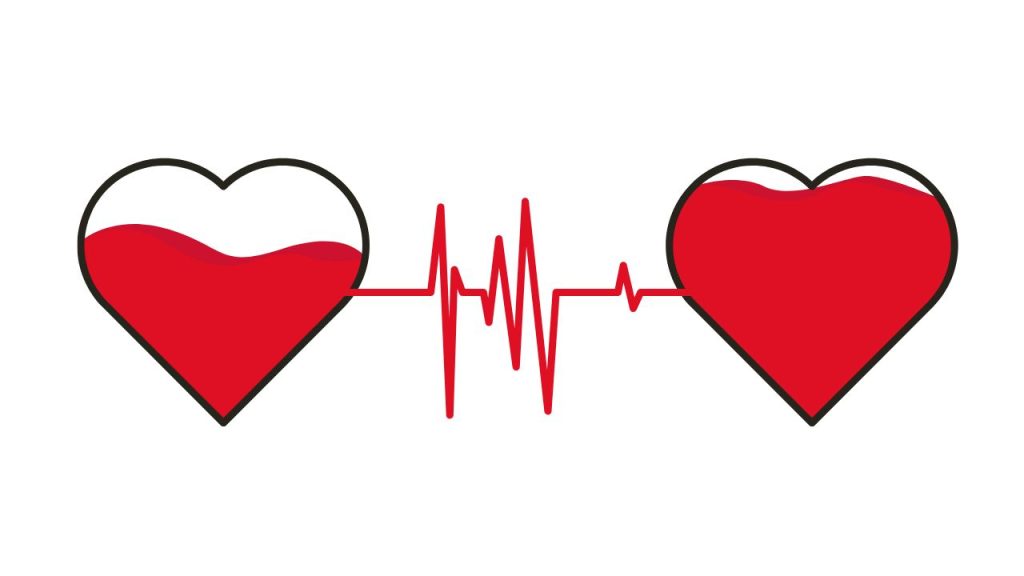The path to becoming a medical doctor typically involves obtaining an MBBS (Bachelor of Medicine, Bachelor of Surgery) degree. However, there are alternative routes that allow individuals to pursue a career in healthcare without completing the traditional medical school program. This comprehensive guide will provide an in-depth exploration of these non-traditional avenues, empowering you to achieve your aspiration of becoming a doctor even without an MBBS degree.
1. Physician Assistant (PA)
Description: Physician Assistants are licensed healthcare professionals who work under the supervision of physicians. They perform a wide range of medical tasks, including diagnosing and treating illnesses, performing physical exams, and prescribing medications.
Education: To become a PA, you typically need to complete a Master’s degree in Physician Assistant Studies (MPAS) program, which takes 2-3 years to complete. Most PA programs require a bachelor’s degree in science or healthcare-related field, along with relevant work experience.
Licensing: PAs are required to pass the Physician Assistant National Certifying Examination (PANCE) and be licensed in the state in which they practice.
2. Nurse Practitioner (NP)
Description: Nurse Practitioners are registered nurses with advanced training who provide primary care services to patients. They can diagnose and treat illnesses, prescribe medications, and manage chronic conditions.
Education: To become an NP, you need to complete a Master’s degree in Nursing (MSN) program, which takes 1-3 years to complete. Most NP programs require a Bachelor of Science in Nursing (BSN) degree and significant nursing experience.
Licensing: NPs are required to pass a national certification exam and be licensed in the state in which they practice.
| Best Medical Courses after 12th without NEET |
| BDS without NEET: Fees, Eligibility & Top Colleges |
| BHMS without NEET: Eligibility, Fees & Top Colleges |
3. Doctor of Pharmacy (Pharm.D.)
Description: Doctors of Pharmacy are healthcare professionals who are responsible for the safe and effective use of medications. They work in various settings, including hospitals, pharmacies, and pharmaceutical companies.
Education: To become a pharmacist, you need to complete a six-year Pharm.D. program accredited by the Accreditation Council for Pharmacy Education (ACPE).
Licensing: Pharmacists are required to pass the North American Pharmacist Licensure Examination (NAPLEX) and be licensed in the state in which they practice.
4. Chiropractic Physician
Description: Chiropractors are healthcare professionals who specialize in the diagnosis and treatment of musculoskeletal disorders. They use spinal adjustments and other manual therapies to relieve pain and improve function.
Education: To become a chiropractor, you need to complete a four-year Doctor of Chiropractic (D.C.) program accredited by the Council on Chiropractic Education (CCE).
Licensing: Chiropractors are required to pass national board exams and be licensed in the state in which they practice.
5. Naturopathic Doctor (N.D.)
Description: Naturopathic Doctors are licensed healthcare professionals who use natural therapies, such as herbs, supplements, and lifestyle changes, to promote health and prevent and treat illnesses.
Education: To become a naturopathic doctor, you need to complete a four-year Naturopathic Doctorate (N.D.) program accredited by the Council on Naturopathic Medical Education (CNME).
Licensing: Naturopathic Doctors are required to pass the Naturopathic Physicians Licensing Examination (NPLEX) and be licensed in the state in which they practice.

6. Registered Dietitian (RD)
Description: Registered Dietitians are healthcare professionals who provide nutrition counseling and education. They help patients develop healthy eating plans, manage chronic diseases, and lose weight.
Education: To become an RD, you need to complete a bachelor’s degree in dietetics, nutrition, or a related field and complete an accredited supervised practice program.
Licensing: RDs are required to pass the Commission on Dietetic Registration’s Examination (CDR Exam) and maintain their license by completing continuing education requirements.
7. Certified Ophthalmic Assistant (COA)
Description: Certified Ophthalmic Assistants are healthcare professionals who assist ophthalmologists in providing eye care to patients. They perform various tasks, including examining patients, administering eye drops, and taking measurements.
Education: To become a COA, you need to complete a two-year associate degree or certificate program in Ophthalmic Assisting and pass the Joint Commission on Allied Health Personnel in Ophthalmology’s (JCAHPO) certification exam.
8. Dental Hygienist
Description: Dental Hygienists are healthcare professionals who provide preventive dental care, such as cleanings, screenings, and fluoride treatments. They also educate patients on oral hygiene and nutrition.
Education: To become a dental hygienist, you need to complete an associate degree in Dental Hygiene and pass the National Board Dental Hygiene Examination (NBDHE).
9. Medical Laboratory Technician (MLT)
Description: Medical Laboratory Technicians perform laboratory tests to analyze blood, urine, and other bodily fluids. They help diagnose and monitor diseases.
Education: To become an MLT, you need to complete an associate degree or certificate program in Medical Laboratory Technology and pass the American Society for Clinical Laboratory Science (ASCLS) certification exam.
10. Paramedic
Description: Paramedics are emergency medical professionals who provide life-saving care to patients in emergency situations. They administer medications, perform medical procedures, and transport patients to the hospital.
Education: To become a paramedic, you need to complete a two-year associate degree or certificate program in Paramedicine and pass the National Registry of Emergency Medical Technicians (NREMT) certification exam.
Conclusion
Pursuing a career in healthcare does not always require an MBBS degree. The non-traditional paths outlined in this guide provide individuals with diverse academic backgrounds and interests the opportunity to become practicing healthcare professionals. By carefully considering your interests, skills, and educational goals, you can identify the most suitable path that aligns with your aspirations and leads you to a fulfilling career in healthcare. Remember, the journey to becoming a doctor is unique to each individual, and with the right guidance and determination, you can achieve your dream.
FAQs on Becoming a Doctor Without MBBS
Q: Is it possible to become a doctor without MBBS?
A: Yes, there are non-MBBS pathways to becoming a healthcare professional with similar responsibilities.
Q: What are the alternative pathways to becoming a doctor?
A: Physician Assistant (PA), Nurse Practitioner (NP), and Naturopathic Doctor (ND) are recognized medical professions that do not require an MBBS degree.
Q: What are the education and training requirements for PAs and NPs?
A: PAs and NPs require a Master’s degree in their respective fields, followed by clinical rotations.
Q: What are the responsibilities of PAs and NPs?
A: PAs and NPs perform similar tasks as doctors, including diagnosing, treating, and managing illnesses under the supervision of a physician.
Q: What is the education and training required for NDs?
A: NDs complete a four-year doctoral program in Naturopathic Medicine accredited by the Council on Naturopathic Medical Education (CNME).
Q: What are the differences between doctors and NDs?
A: NDs focus on holistic approaches, emphasizing prevention and natural therapies, while doctors typically receive more specialized training in Western medicine.
Q: Can PAs, NPs, and NDs practice independently?
A: Depending on the state, PAs and NPs may practice independently or under the supervision of a physician. NDs generally practice independently.
Q: How long does it take to become a PA, NP, or ND?
A: The education and training programs for PAs, NPs, and NDs typically take 2-4 years to complete.
Q: How competitive are the admission processes for these programs?
A: Admission to these programs is highly competitive, requiring strong academic credentials and relevant experience.
Q: What are the career opportunities for PAs, NPs, and NDs?
A: PAs, NPs, and NDs can work in various healthcare settings, including hospitals, clinics, and private practices. They have high job security and earning potential.

Hi there, I’m Dr. Danish, the person writing on Mini NEET. I’m a doctor, and I want to make it easier for you to understand the NEET exam and medical studies.
I know how tough it can be to get ready for NEET. That’s why I’m here to give you simple and helpful advice to make studying easier.
I want Mini NEET to be a place where you feel supported and encouraged. Whether you’re just starting out or already studying medicine, I’m here to help you succeed.
Let’s work together on Mini NEET to make your journey in medicine a little bit easier.

